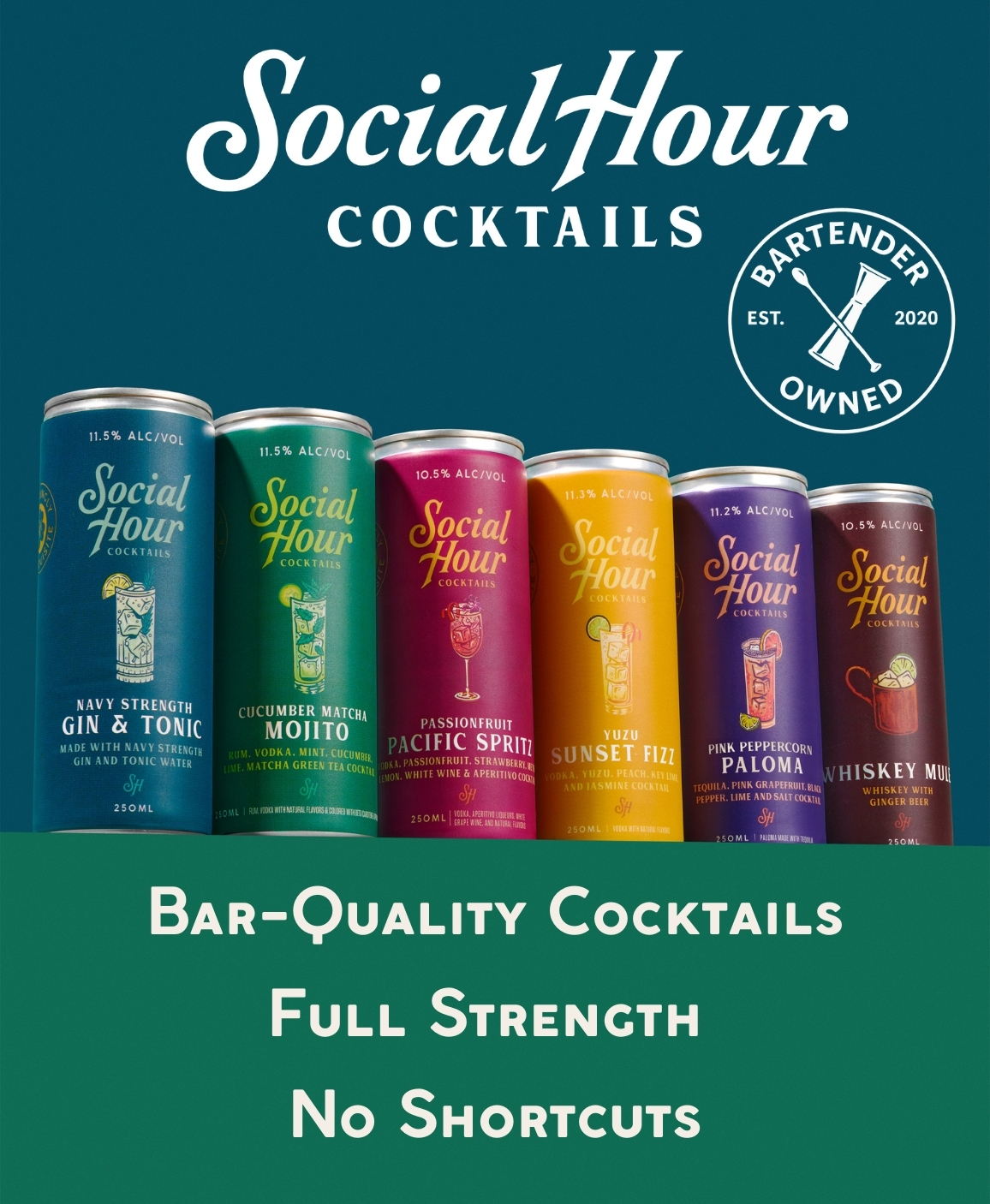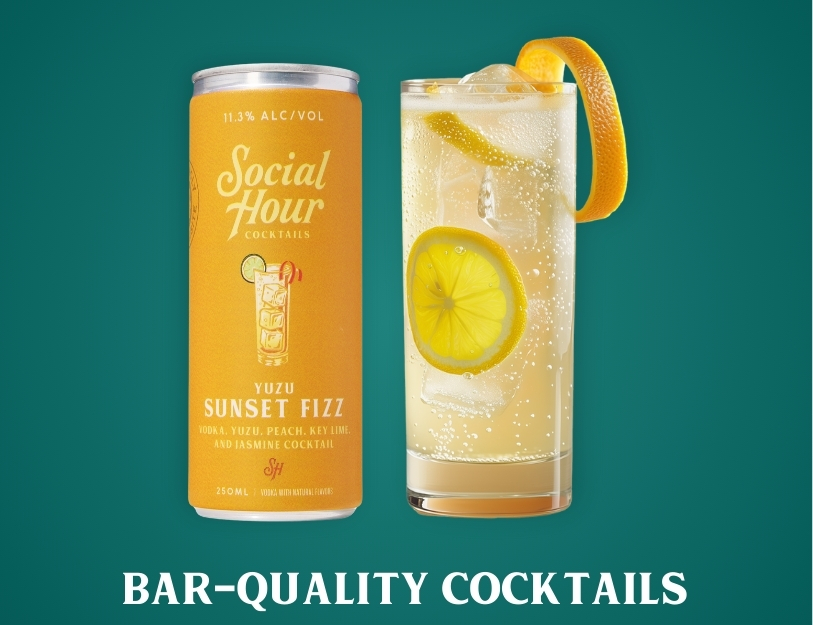
Native American Gifts: Wild Rice And Maple Syrup
4805 Edgemoor Lane, Bethesda MD 20814
In the 17th century European coming to the Great Lakes region learned of two wild foods that were staples of the Indigenous American diet: wild rice and maple syrup, harvested by the Indians and labor-intensively pro-cessed. The cold, heavily wooded Upper Midwest was dense with sugar maples and dotted with thousands of shallow lakes where wild rice grew profusely. By the mid-19th century, European settlers were encouraged to move to the area, forcing the Indians into reserved areas, many of which included wild rice lakes where Indigenous Americans continued to harvest and process rice traditionally. It remained a primarily food for their community, to survive winters when other foodstuffs were scarce. Eventually, these wild, native foods would be incorporated into the industrial food system. Maple syrup became so popular in the northern United States, commercial efforts pursued cheaper substitutes and today supermarket shelves are filled with brands of “pancake syrup.” In the 1960s a wild rice cultivar that could be cultivated in clay paddies and harvested mechanically dramatically dropped the price. With extensive marketing, it became a popular product and today, at least ninety percent of all wild rice is produced and marketed by non- native peoples. Shirley Cherkasky worked as a research sociologist at the George Washington University, at Smithsonian’s National Museum of American History and as coordinator of exhibition-related public programs for the museum, she discovered culinary historian groups in Boston, Ann Arbor, and Houston. She promptly joined the Boston group and found it a source of so much interesting information and fun that she determined to start a similar group in Washington, D.C. She founded the Culinary Historians of Washington, D.C. in October 1966. Cherkasky coordinates the collection of books for the Culinary Historians of Washington’s Culinary History Collection in the Smithsonian Libraries and also coordinates CHoW’s contributions of product cookbooks to the important Warshaw Collection of Business Americana in the American History Museum’s Archives. The event is free and from 2:00 p.m. to 4:00 p.m. For more information, contact Claudia Kousoulas, 202-487-6740, [email protected], or click here.


